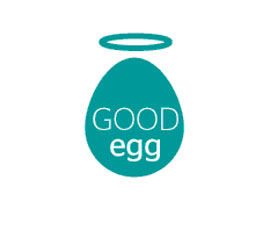NFU to identify ‘Good Eggs’

The NFU is set to “name and praise” those companies in the food chain that have pledged to buy higher welfare eggs only, and “name and shame” those that could still be using imported eggs or egg products from illegal battery cages.
The move follows the introduction of new EU rules on 1 January 2012 banning conventional cages, and is in response to the fact that some 13 EU member states have still failed to fully convert to higher welfare systems, including enriched cages.
The full list of companies is due to be published on the NFU’s website on Monday (16 January). But the union has confirmed that supermarket groups Asda, Tesco, Morrisons and Sainsbury’s have already said they will not source any eggs from conventional cages, as have Marks & Spencer, Waitrose, Iceland and The Co-op.
Similar guarantees have been made by food manufacturers ABF, Premier Foods and United Biscuits, and by hotel and restaurant companies Whitbread, Greggs and Starbucks.
All these companies, and more, have been contacted by the NFU and/or DEFRA to establish their egg buying policies. It is understood that, in total, about 35 companies have guaranteed they will not be using illegal eggs produced in conventional cages.
“This list certainly makes for interesting reading and shows how many companies are backing British egg producers and higher welfare standards,” said NFU poultry board chairman Charles Bourns. “We are extremely pleased that they have decided to support the industry to ensure it does not suffer at the hands of those producers in Europe that have had more than 12 years to meet new welfare standards, but have failed.”
But it is understood a significant number of companies – including some household names – have failed to respond to the NFU’s and DEFRA’s enquiries, and these may appear on a separate NFU list next week.
“Sadly, some are yet to put their heads above the parapet,” said Mr Bourns. “Whether or not this is down to slow administration, difficulties in establishing traceability or even a refusal to commit to supporting the British egg industry, it is disappointing to say the least.”
• What are your thoughts on dealing with illegal eggs? Is enough being done to protect compliant UK producers?
